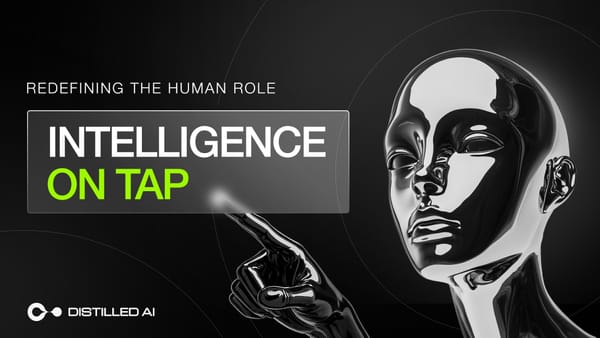Smart Real Estate Agents: How AI Transforms Property Matching and Market Predictions

The real estate sector is rapidly evolving, thanks to AI-powered tools that bridge gaps in property discovery, market forecasting, and customer engagement. By harnessing predictive analytics and interactive virtual tours, forward-thinking agencies can offer personalized client experiences while optimizing operational efficiency. Below, we explore how AI is transforming property matching, market predictions, and share success stories from industry leaders.
1. Predictive Analytics for Market Insights
Data-Driven Decision Making
AI models analyze historical sales data, demographic trends, and economic indicators to forecast future market values. This enables agents to guide clients with real-time, reliable insights.
Improved Lead Generation
Predictive algorithms identify potential buyers or sellers, helping real estate professionals target the right audience. By segmenting leads and prioritizing high-value opportunities, agents can focus on quality rather than quantity.
Success Story
A prominent New York agency leveraged AI-driven analytics to project pricing spikes in emerging neighborhoods. Armed with these insights, they quickly secured lucrative properties for clients, growing their regional market share by 15% in just one year.
2. Virtual Tours: Engaging and Convenient
Immersive Property Viewing
AI-enhanced virtual tours grant buyers realistic visuals and interactive walkthroughs, letting them explore spaces from any device—significantly reducing in-person visits and scheduling hassles.
Adaptive Visualization
Machine learning customizes tours based on user preferences—highlighting features like renovated kitchens or spacious backyards. This personalization makes browsing faster, more efficient, and far more engaging.
Industry Example
Global brokerage Keller Williams integrated AI-powered virtual tours during the pandemic, sustaining sales momentum while competitors struggled with showings. This tech-forward approach solidified the firm’s innovative reputation in the market.
3. Real Estate Agencies Leading the Way
Re/Max
Renowned for nationwide presence, Re/Max incorporated AI-based CRM and property analysis tools, cutting search times and improving match rates for clients.
Century 21
This legacy brand adapted predictive modeling to forecast local supply-demand cycles, keeping agents ahead of shifting markets and improving closing rates.
Sotheby’s International Realty
High-end properties require precision marketing. Sotheby’s used AI-driven buyer segmentation to tailor campaigns for luxury listings, maximizing visibility among qualified clientele.
Result: By embracing AI, these agencies stay competitive and deliver exceptional client experiences.
AI has become a game-changer for real estate, equipping agents with predictive analytics, immersive virtual tours, and streamlined lead generation systems. Success stories from top agencies highlight how adopting machine learning tools fosters personalized client interactions, shortens transaction times, and predicts market trends more accurately. For real estate professionals aiming to excel, investing in AI-driven solutions is no longer optional—it’s the key to standing out in a data-savvy, customer-first landscape.
Key Takeaways
1. Predictive Analytics: Utilize data-driven models to forecast price movements and identify hot markets.
2. Virtual Tours: Boost client engagement and save time by offering immersive, personalized property walkthroughs.
3. Top Agencies: Industry leaders like Keller Williams, Re/Max, and Sotheby’s leverage AI to enhance matchmaking and client relationships.
4. Competitive Edge: Adopting AI-driven strategies improves efficiency, drives sales, and future-proofs real estate operations.



